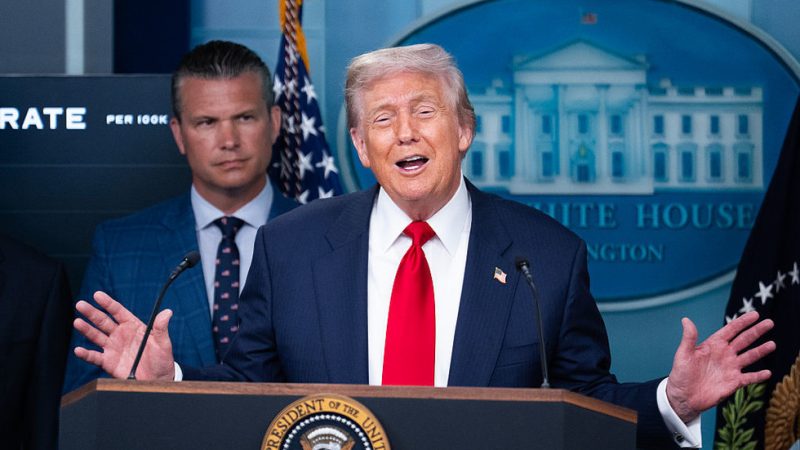
Former US President Donald Trump recently made a bold claim, asserting that his tariffs on Indian oil imports dealt a significant blow to Russia. He argued that Moscow suffered considerably due to these levies imposed on New Delhi for its oil purchases. This statement, however, warrants a closer examination, as the economic impact of these tariffs is far from straightforward.
While it’s true that India is a major importer of Russian oil, and the US tariffs on Indian goods could theoretically impact the price dynamics of this trade relationship, the direct causal link claimed by Trump is debatable. Several other factors influence the Russian economy and its energy sector, including global oil prices, sanctions imposed by other countries, and internal economic policies. Attributing Russia’s economic challenges solely or primarily to US tariffs on India seems overly simplistic and potentially misleading.
Economists and geopolitical analysts point to a more complex interplay of factors impacting Russia’s economic performance. Sanctions imposed by the West, particularly in response to Russia’s actions in Ukraine, have undoubtedly had a profound effect. Fluctuations in global energy markets, driven by numerous factors including supply and demand and geopolitical events, also play a significant role. To isolate the impact of the US tariffs on India as the primary cause of Russia’s economic woes would require significant supporting evidence, which is currently lacking.
Ultimately, Trump’s statement highlights the intricacies of international trade and the difficulty of attributing specific economic outcomes to single policy decisions. While US tariffs on Indian goods might have had some indirect consequences for Russia, it’s crucial to consider the broader economic landscape and avoid oversimplifying a complex situation. A more comprehensive analysis would be necessary to accurately assess the true extent of the impact of these tariffs on Russia’s economy.










